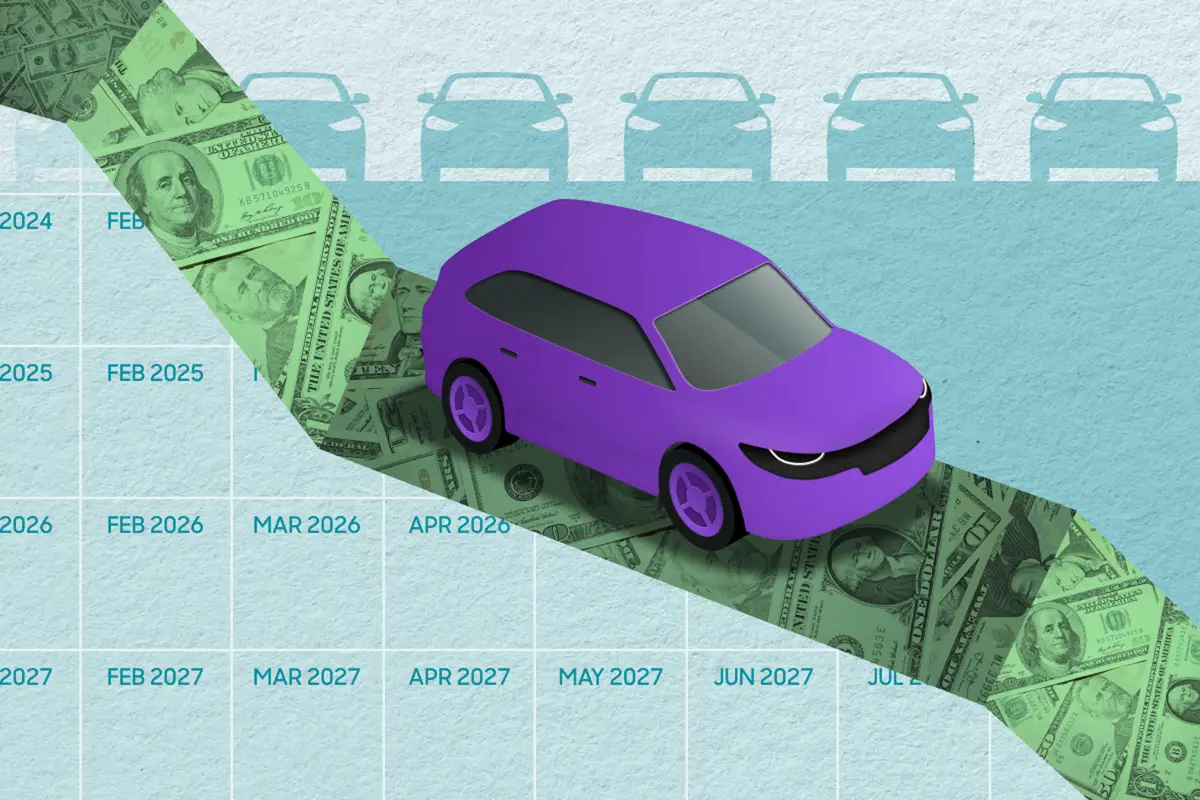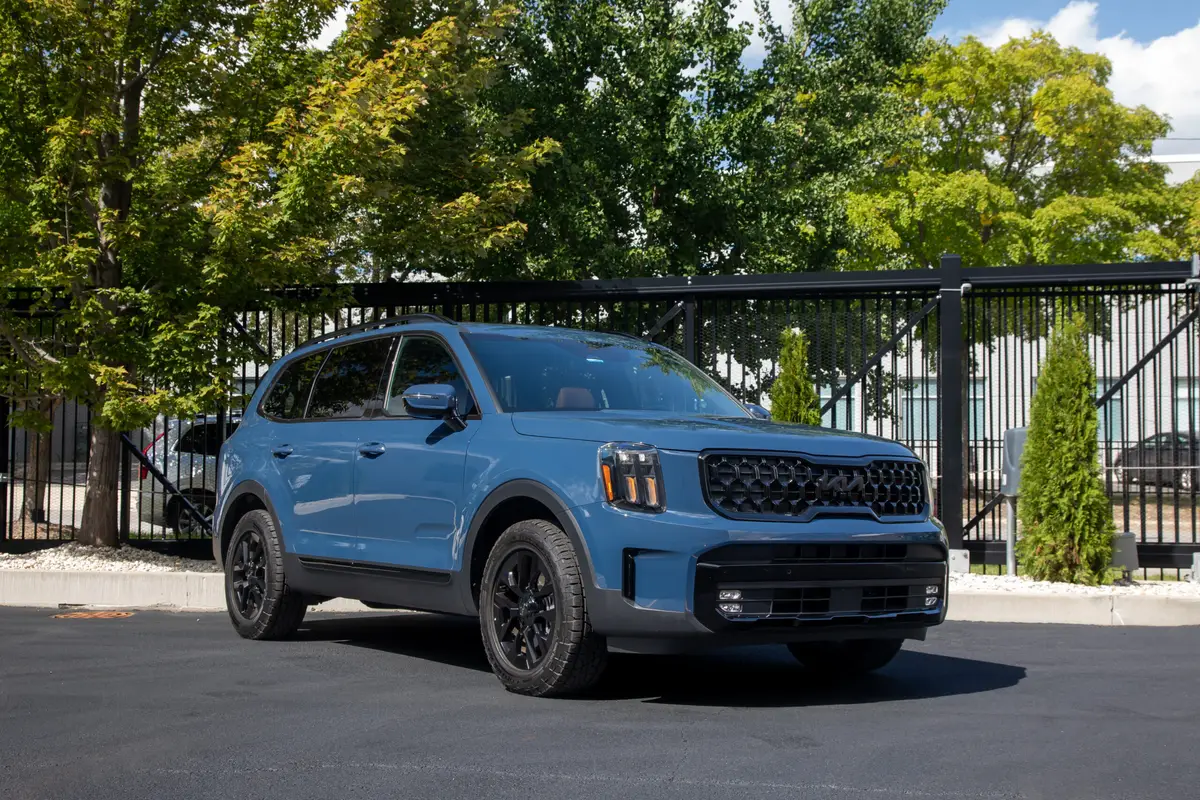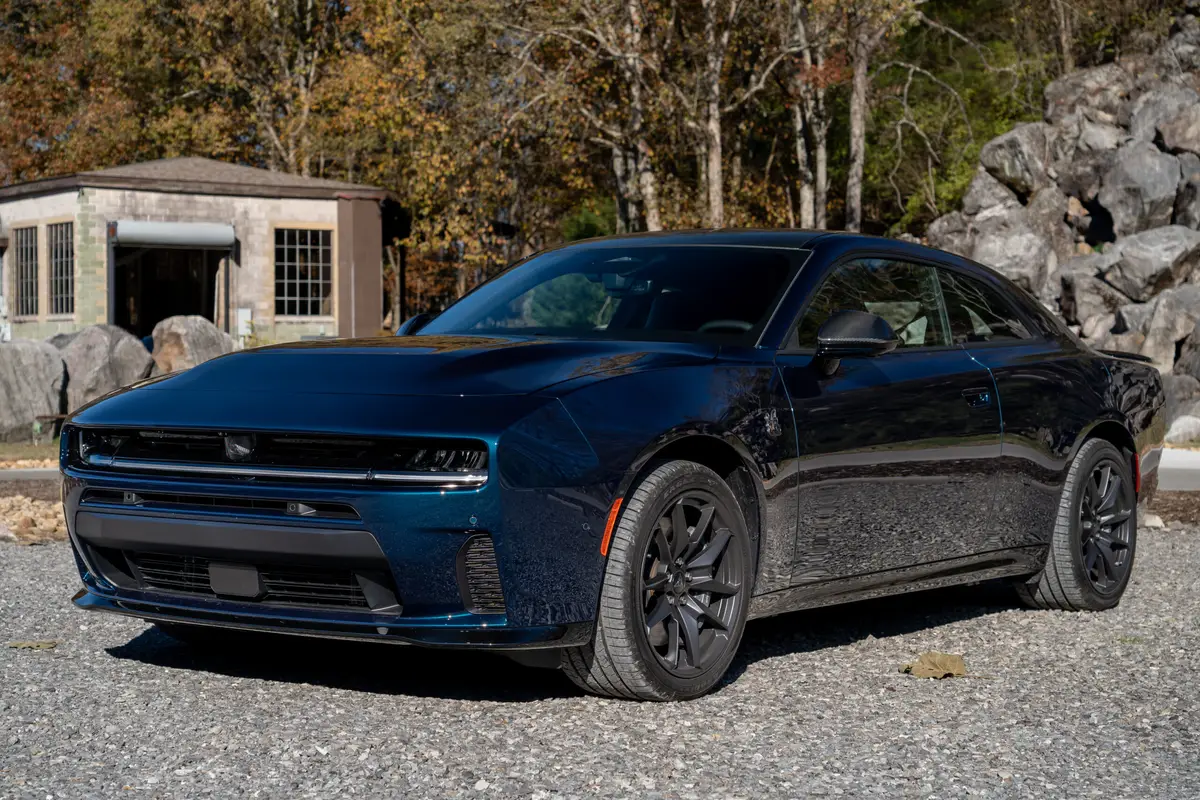What's Preventing Me From Buying an Autonomous Car?


CARS.COM — Autonomous vehicle technology is already in some vehicles you can buy, with some luxury automakers even stating that their cars are ready to go fully autonomous, but the manufacturers themselves are not. So what’s preventing automakers from unleashing a new luxury car that drives itself?
Related: What Makes an Autonomous Car?
Well, while the technology may be ready for such cars, several facts of American motoring life are not:
- The roads: The sensors in these cars require well-marked roads with bright lane markers and signs that are clearly visible. Think about your own driving area, and how well the lanes are or aren’t marked, especially when they’re under construction. And those are paved roads; what happens when the pavement ends and gravel or dirt roads with indistinct shoulders are what you have to drive on every day?
- The weather: Even the best-marked, clearest roads with bright lines become obscure nightmares when a layer of snow covers them. You still can drive, as your brain can sense the whole picture and fill in the blanks as needed, but for computers relying on lane markers and visible pavement, this is much harder. Google’s autonomous car program has admitted as much — most of its testing has been in dry areas; inclement weather is not part of the regular testing program just yet. Today’s lane-departure-related camera sensors stumble even when pavement is wet and reflective or when driving into bright sunlight. This means that autonomous cars simply won’t work for a large part of the country, for many, many days during the year.
- The laws: If your autonomous car gets into an accident (and this already has happened), who is liable? You, the car’s owner? The manufacturer? The software engineer who wrote the code? What if the car has to make a moral decision, choosing between two bad situations (say, hitting a child versus running head-on into an oncoming truck), who is the car obligated to protect: you as its owner, or an innocent bystander? There are many questions revolving around liability, safety and even traffic laws that have not yet been addressed by state legislatures. Many automakers are hesitant to open themselves up to new and potentially damaging litigation. Lobbyists for technology companies and automakers are making some headway, but as with all changes to regulatory environments, the pace is extremely slow.
Once these obstacles are overcome, autonomous vehicle technology should start to spread — and quickly. But just how far away are we from being able to buy a fully autonomous automobile?

Detroit Bureau Chief Aaron Bragman has had over 25 years of experience in the auto industry as a journalist, analyst, purchasing agent and program manager. Bragman grew up around his father’s classic Triumph sports cars (which were all sold and gone when he turned 16, much to his frustration) and comes from a Detroit family where cars put food on tables as much as smiles on faces. Today, he’s a member of the Automotive Press Association and the Midwest Automotive Media Association. His pronouns are he/him, but his adjectives are fat/sassy.
Featured stories

15-Year Car Loans Aren’t a Thing, But Americans Are Getting More Comfortable With Long-Loan Terms

2025 Kia Telluride Review: Rougher Roads Ahead



